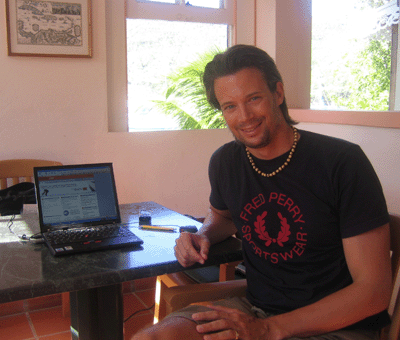I don't know about you, but I've never really understood how an IPO that on the first day raises , for example, over 25% could be a successful one. For me, that's an underpriced stock in the IPO process. But hey, I'm not an economist. Maybe that's the same thing as offering a product at a 30% higher price and giving the difference in rebate... ;-)
Anyway, talking about IPOs and using the Internet. Here is an article from CNET that I found interesting.
"Using a system known as a Dutch auction, Hambrecht collects bids from all interested investors, big and small, and groups them by how much each is willing to pay. Its bankers then count down from the top bid until they reach the highest price at which the selling company could sell all of the shares it wants to offer. The company can choose that price or, for various reasons, a lower one. Hambrecht then sells at the chosen price all the shares that were bid at that price or higher.
In a typical first-time sale of stock, investment bankers meet with managers of mutual funds and hedge funds to gauge their interest in a company, then set a price that is slightly below what they estimate is the market value. That method, as much art as science, often excludes most of the individual investors who want to buy shares and occasionally sets off a frenzied first day of trading. "
The interesting part is that well-establied business like Investment bankers have to change their buesiness due to a more effecient processes using technology. I wonder what will be the next big step for the property industry?





